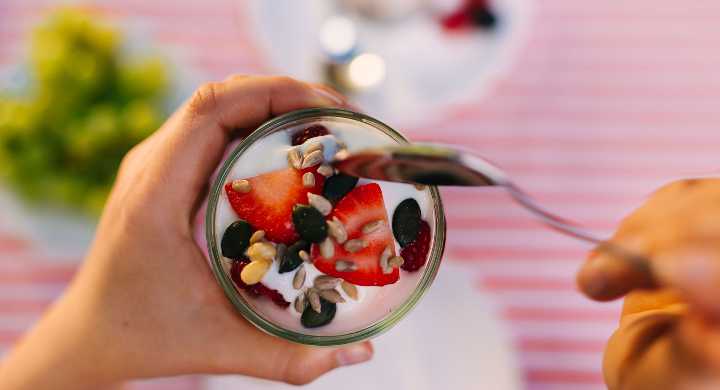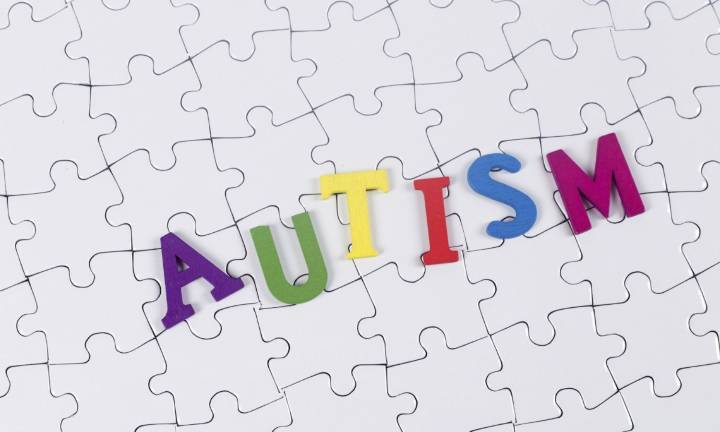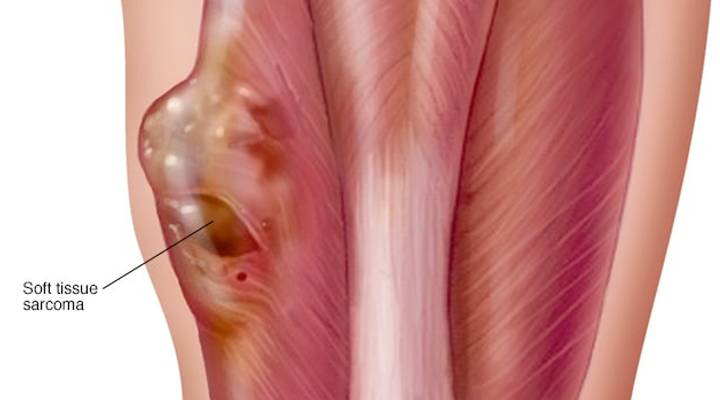Dietary Changes to help you with Premenstrual Syndrome(PMS)

3 in every 5 menstruating individuals suffer and undergo PMS. We hear the term PMS thrown away like hot cakes, and seldom do we stop and even think about what that means to the person who is menstruating, especially the non-menstruating gender. Nowadays, it also has incorrectly become a fashion to very casually throw the term at a woman’s face when she is taking her stand on something as well. PMS stands for Pre-Menstrual Syndrome and it can be a very uncomfortable span of time for some menstruators. PMS is caused by hormonal changes that the body undergoes between the Ovulation Phase and Mensuration Phase, typically because the implantation or fertilization hasn’t occurred. Due to the release o these hormones, the body undergoes a bunch of inconvenient symptoms which affect both the physical, behavioural and mental well being of an individual.
Physical Symptoms: Constipation or diarrhoea, Fatigue, Weight gain, Breast tenderness, Acne flare-ups, Joint or muscle pain, Abdominal bloating, Headache, etc.
Mental and Behavioural Symptoms: Crying episodes, Depressed mood, Social withdrawal, Change in libido, Appetite changes, Food cravings, Anxiety, Poor concentration, Mood swings, Irritability, Unexplained Anger, Insomnia, etc.
Although these symptoms are controlled by the hormonal changes occurring in the body during the changing phases, a healthy dietary influence along with adequate physical activity will reduce the intensity of these symptoms and provide relief. Provided below are a few dietary changes that will help if followed undoubtedly. These include both what you should ideally consume and what you should definitely avoid and why.
What You Should Stop Right Away!
- Any medical practitioner will tell you first to avoid giving in to your temptation for sugar! PMS is the epitome of sugar craving! You want to reach out for chocolates, ice creams, processed juices, aerated and carbonated drinks, and any other form of processed sugar. Cutting to the chase, straight up say No! Sugar further intensifies the muscle cramps both before and during periods and is responsible for heavy bloating as well.
- The next thing that goes into your cart is chips, nachos, canned food, instant noodles, etc, all of which contain an unhealthy quantity of sodium, which imbalances the body’s water retention and results in bloating, weight gain, breast tenderness and also fluctuates your mood swings.
- Complex carbohydrates cause unnecessary complexity in the body as well, especially during the change of phases. Refined flour aka, Maida based items should be avoided at all costs.
- Processed foods contain preservatives and additives which may again fluctuate the water retention capacity as well as the blood sugar levels, which need to be in balance, too, for the reduced intensity of the symptoms. Furthermore, they mostly contain transfats oils, i.e, hydrogenated oils, that create further inflammation in the body both in terms of bloating as well as acne.
- Fatty foods such as heavy meat should be reduced to avoid if possible as they increase the prostaglandins in the body which makes the uterus contract more than necessary which in turn causes unnecessary painful contractions.
- Arachidonic acid, an Omega-6 fatty acid, causes intense inflammation and causes chronic pain in the body. This is abundantly found in your dairy products like ice cream, cheese, and other milk-based products like greek yoghurt.
- For all those caffeine addicts and alcohol lovers, carefully and mindfully reduce your intake and if possible stay away from these especially a week before your periods are due. The momentary satisfaction that you may get will be at the cost of vasoconstriction, that is thinning of blood vessels which in turn causes more cramps, bloating and mood swings.
What You Should For Sure Include in your Diet!
- In order to balance the sodium content in your body, drink plenty of water to flush out the excess sodium as well as ease the cramps.
- In order to account for the blood loss in the upcoming days, replenish your body with iron-rich foods such as plenty of green leafy vegetables by including them in salads or even in your curries and rice preparations.
- To maintain the blood sugar levels, resort to fresh fruits, especially pomegranates. And especially in the summers, resort to melons such as watermelons, musk melons, and even ice apples!
- Try to include fresh juices instead of carbonated drinks, like tender coconut water or lime juice with sugar supplements like honey and jaggery.
- You can opt for traditional concoctions and recipes which are known to work magic throughout ages, for example, jaggery with carrom and sesame seeds. Similarly when water is boiled with the fascinating Touch Me Not leaves it is said to relieve cramps very efficiently.
- Including significant portions of ginger helps soothe the inflammation caused both in the gut and to the skin due to the hormonal imbalance.
- It is advised that unsalted seeds like pumpkin seeds, nuts, dr fruits should be consumed as they provide the body with the necessary mineral and nutrients and makes it stronger for the upcoming periods, like Magnesium and Zinc.







